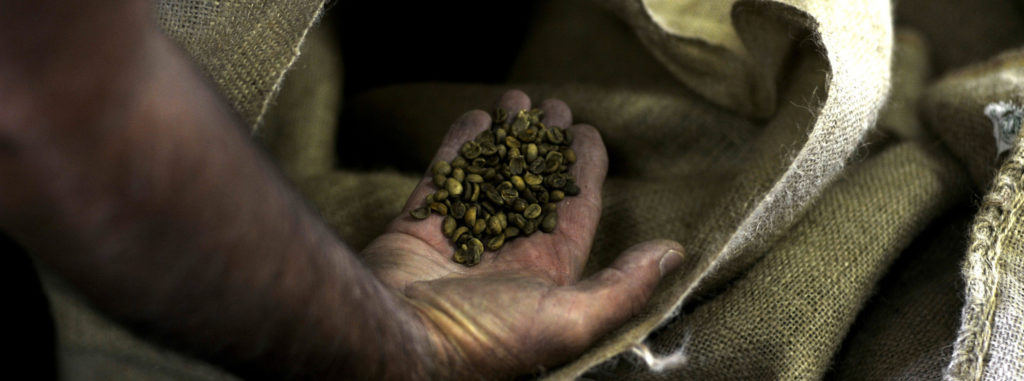How can certification labels improve livelihoods and encourage sustainable farming practices? And to what extent can consumer choices influence certification labels and practices? We are delighted to invite you for a conversation about coffee certification, sustainable livelihoods and smarter land use.
Coffee is usually grown in tropical forest areas – places rich in biodiversity which are often home for poor smallholder farmers. Coffee is the second most consumed drink in the world after water; in the production areas it creates high competition for the most fertile farming areas, putting livelihoods and natural resource protection at odds with one another. As a result, binary landscapes with clear cut borders between intensively cultivated farmlands and national parks or reserves are a common sight in coffee producing regions. Being such a highly traded commodity, coffee is also one of the crops that has been at the forefront of different certification schemes, including those that aim to improve livelihoods and promote sustainable farming practices. What opportunities and challenges do certification labels have in terms of reducing the old tensions and promoting multi-purpose land use? What can a landscape perspective offer?
Event Flyer
